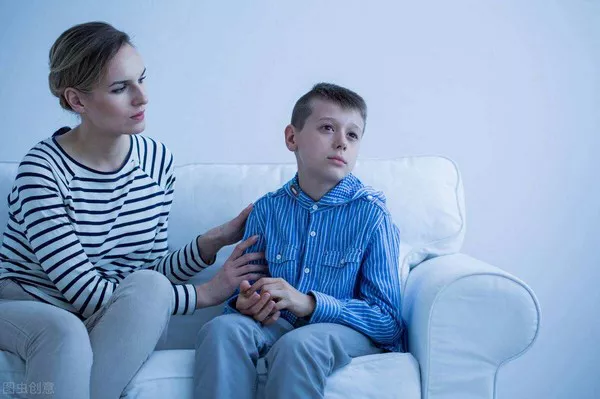While depression in women has long been studied in the context of marriage, new research is shedding light on the often-overlooked issue of male depression and its profound effects on marital stability. A groundbreaking study published in the Journal of Men’s Health reveals that nearly 40% of men experiencing depression report that their symptoms significantly strain their marriages, yet fewer than 20% seek help due to stigma and traditional gender norms.
The societal expectation that men should be emotionally stoic and self-reliant creates a dangerous dynamic in marriages. Depressed men often exhibit symptoms differently than women—through irritability, anger, or withdrawal rather than overt sadness. This can lead partners to misinterpret their behavior as disinterest or hostility rather than recognizing it as a mental health issue. Over time, untreated depression erodes communication, intimacy, and mutual support, creating a cycle of resentment and emotional distance.
One of the most alarming findings is the link between male depression and marital dissatisfaction in both partners. When a man is depressed, his partner often experiences increased stress, anxiety, and feelings of loneliness, even if she does not have depression herself. This “spillover effect” can lead to a breakdown in the relationship if left unaddressed. Couples in which the male partner has untreated depression are twice as likely to divorce within five years compared to couples where mental health is managed proactively.
Mental health professionals are calling for a paradigm shift in how male depression is addressed within marriages. Therapists specializing in men’s mental health emphasize the importance of creating safe spaces for men to express vulnerability without fear of judgment. Techniques such as emotion-focused therapy (EFT) and cognitive-behavioral therapy (CBT) have shown promise in helping men and their partners understand and manage depression together.
Another emerging solution is the rise of male-focused support groups and online forums where men can share their struggles anonymously. Organizations like HeadsUpGuys and Man Therapy are working to normalize mental health discussions among men and provide resources tailored to their needs. Additionally, couples are encouraged to engage in joint activities that promote emotional connection, such as shared hobbies or mindfulness practices, to counteract the isolating effects of depression.
The takeaway is clear: addressing male depression is not just an individual issue but a relational one. By breaking down stigma and fostering open dialogue, couples can strengthen their bond and build resilience against mental health challenges.


















